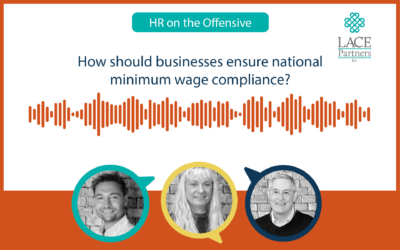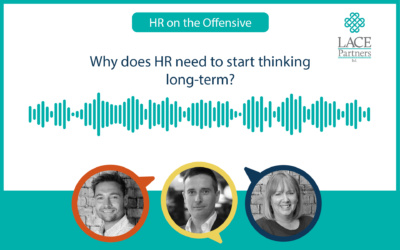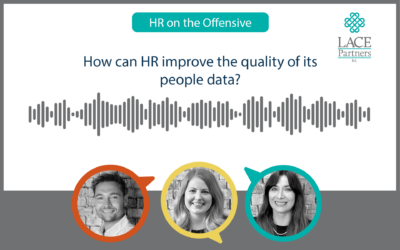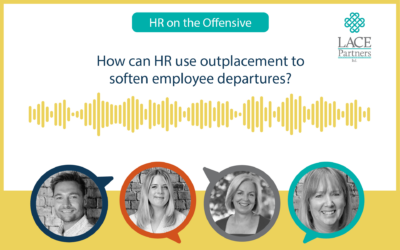The evolution of blockchain
As always, technology plays a leading role here and I am excited to see the evolution of blockchain and whether it will lead to a decade of “journey to the chain” – ok, awful I know, but you get the point. I am by no means ‘techy’, I’d consider myself proficient at understanding payroll technology, but that is through the lens of payroll not technology. From what I do know of blockchain it has the potential to revolutionise how we interface with people and their data so having spent the last decade(s) striving to shift peoples information and data to more secure, remotely hosted Cloud products, I think we will start to question whether we or payroll companies need to hold it at all. The principle behind the blockchain is that you hold your own information and grant access by providing your own unique key, so surely a logical progression leads us to a point where employees hold their master data and payment information in their own block on the chain, granting their employer access? At the very least this creates the opportunity for there being no requirement to hold any data in an HCM or Payroll solution whether on premise or in the Cloud, and that future solutions will just be some form of middleware that accesses employees blocks and throws the information into the calculation engine. Sounds crazy right? But if you’d told your IT team supporting your internal servers and technology in 2005 that by 2015 you’d probably only need one of them I imagine the reaction would’ve been similar.
Another external factor is simply the expectations of our audience. I think we have become accustomed now to listening to employees, to providing them what they expect as well as what they need. Let’s face it the shift to the Cloud over the last 10 or 15 years has in part been because employees in their daily lives are used to and expect apps, smooth user experience, and not to have to work around system limitations. It is important we maintain focus on how that changes and how our employees expect to engage with us and their information.
Changing expectations of payroll professionals
So there is an argument many businesses have transformed their upstream functions to transactional, simplified services, but at the same time the expectations of our people are changing and extending quickly. Given Payroll now pick up a lot of the thinking previously performed by ‘on premise’ technology, and are being leaned on to provide broader support to both business and people, isn’t it time we were our own function?
This is one of the current hot topics and is an interesting idea. On one hand it underlines Payroll’s importance to a business and truly switches our role from ‘back-end’ and ‘transactional’ to ‘pro-active’ and ‘value add’. On the other hand, most of us have likely encountered the challenges posed by conflicting budgetary drives; HR Transformation on hold because Finance are migrating their systems? Can’t get support for your programme from IT because their resources are tied up supporting this year’s IT drive? Adding another budget and set of misaligned priorities to that mix has the potential to make a landscape that can already be cumbersome when it comes to change impossible to navigate.
Where does Payroll sit?
Like with most things though it will be about balance. The reason we are talking about it in the first place is Payroll is getting a lot of plaudits and attention, people are interested in how to capitalise on the potential of a function that can provide the holistic insight and support, they maybe hadn’t appreciated they were so reliant on until three years ago. Whether that means breaking Payroll away from HR though is another thing and I think doing so could prove counterproductive. Where payroll sits in Finance, I certainly see mileage in repointing towards HR and seeing Payroll more as part of the service organisations provide their people, leading nicely to what I believe a more realistic and effective approach should be; payroll need to play a more prominent role within a company’s People function which should encompass the broader HR landscape. Let’s not add another player to the annual fight for budget; let’s bring all of the services that support our people together and take a more holistic approach at what our people need and want. The switch is from “Do we need to include Payroll in this change?” to “How can Payroll resolve these challenges?”, not an afterthought or stakeholder, part of the definition and solution.
Factoring the requirements and potential of payroll equally alongside all other parts of our People functions I believe achieves the balance we need rather than tipping the scales the other way.
If you’d like to talk to us about your payroll needs, you can find out more on our dedicated payroll page here. Alternatively, if you’d like to speak to a member of our team then fill out the form below.









